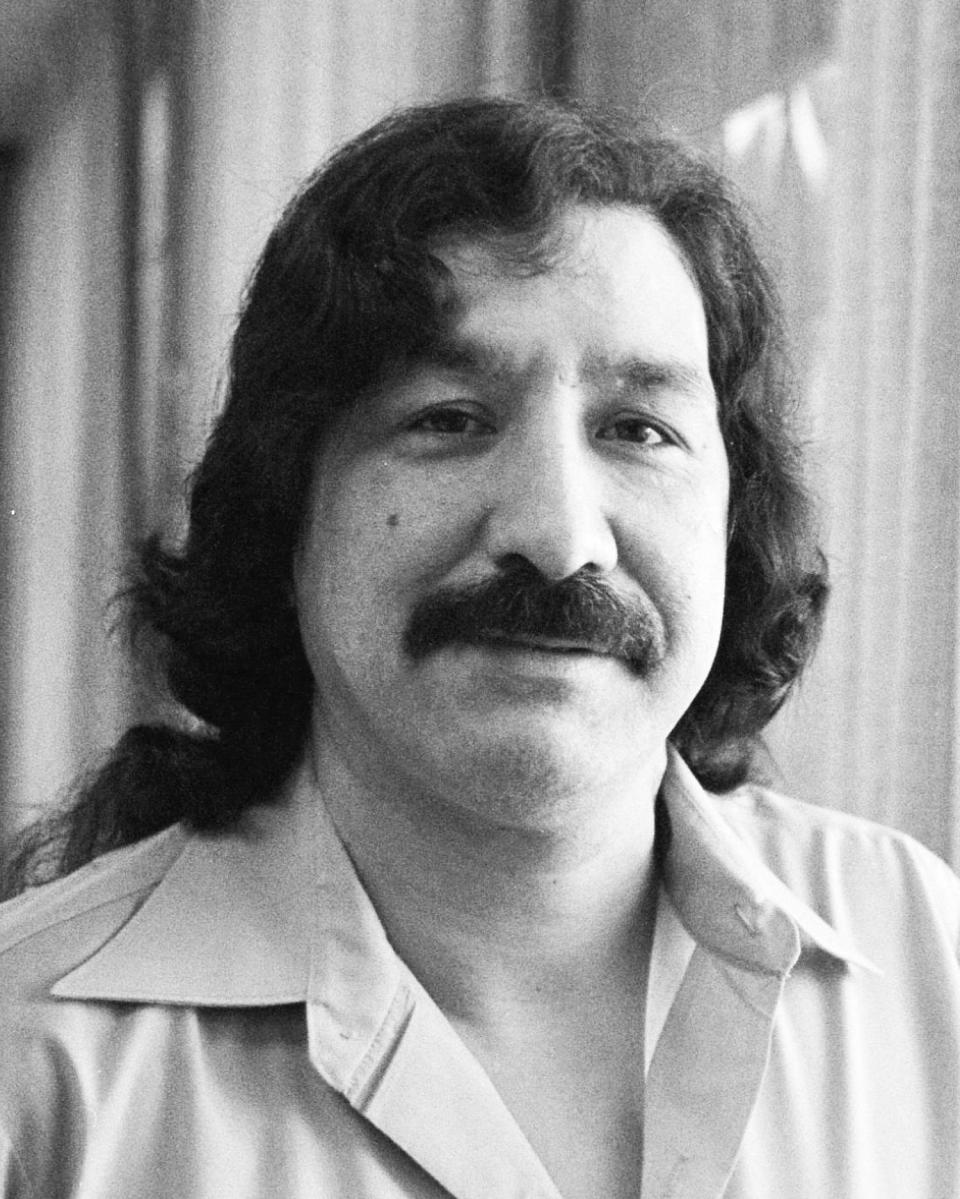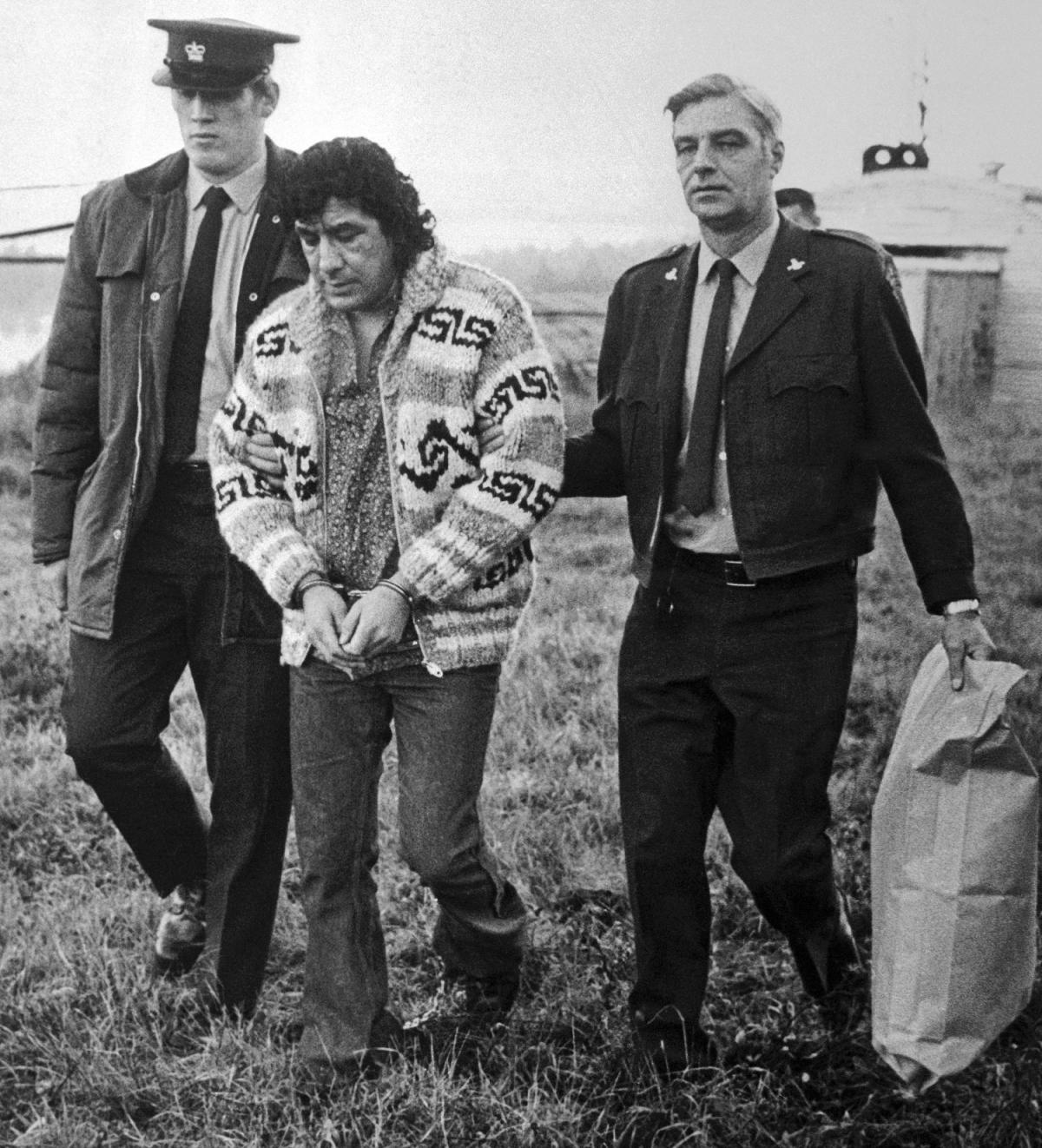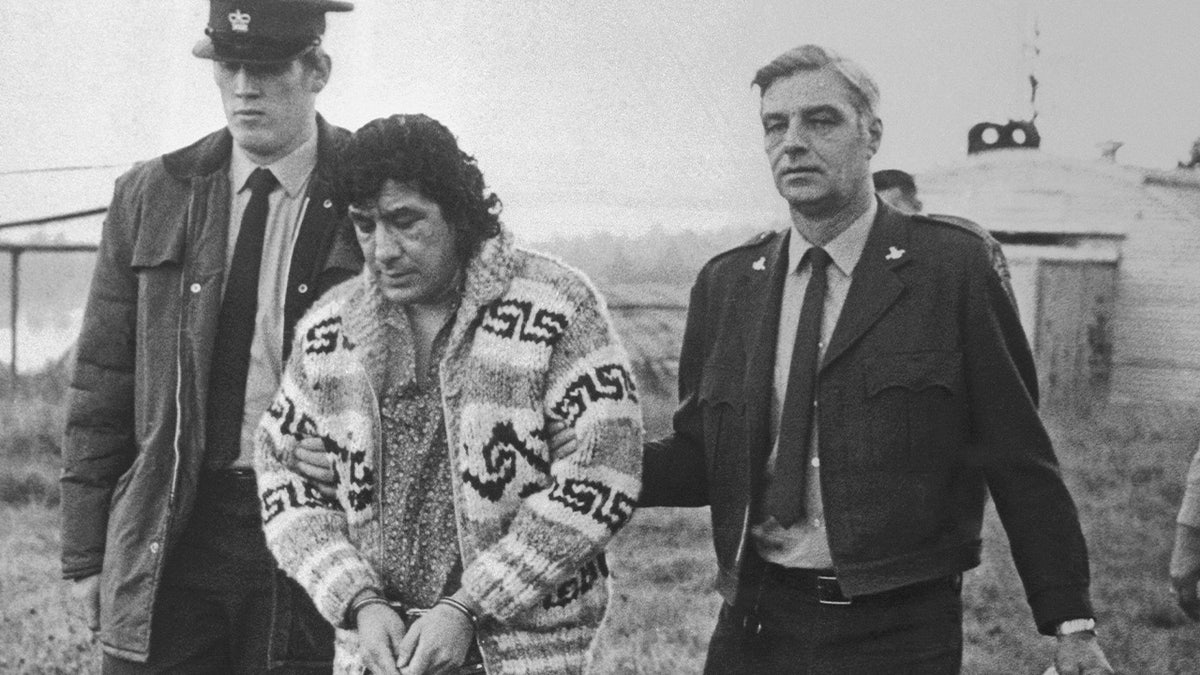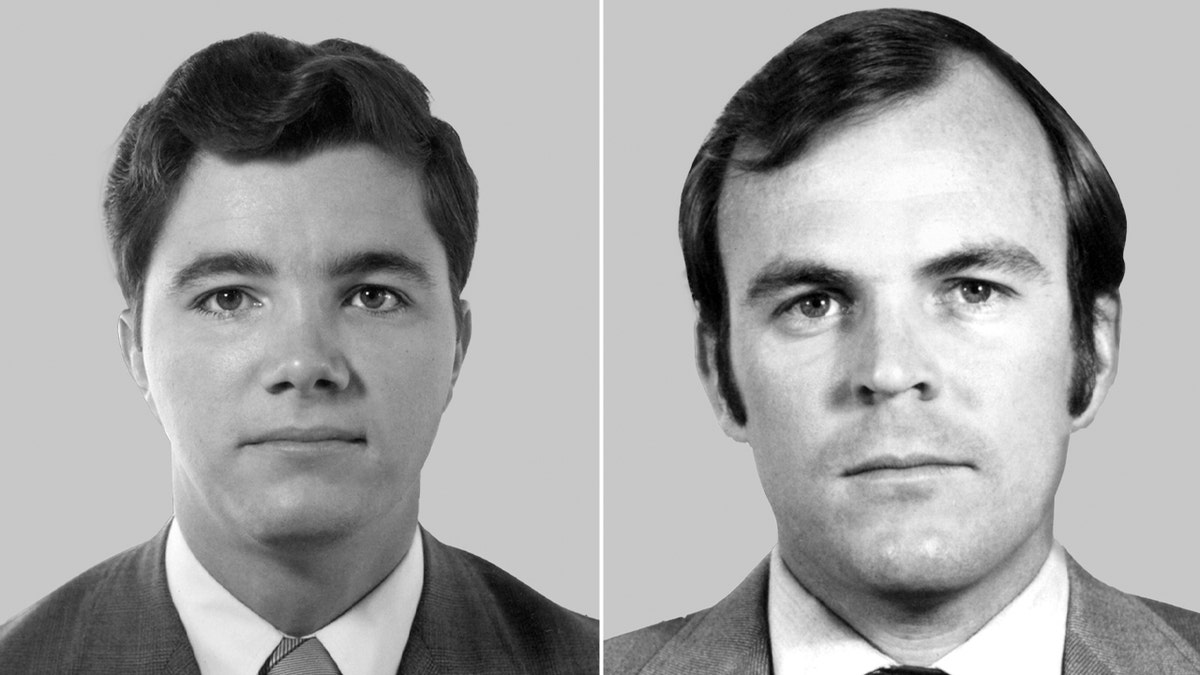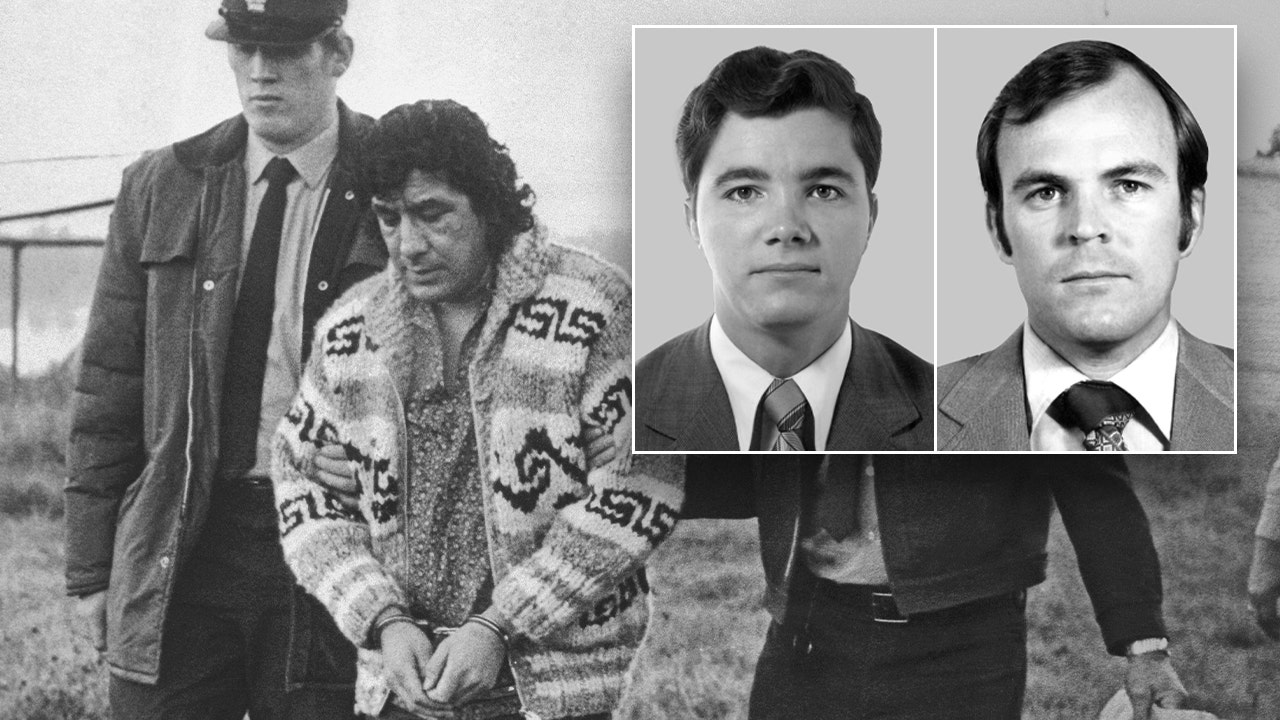
Leonard Peltier, a Native American activist, was denied parole on July 2, 2024 after serving nearly 50 years in prison for the fatal shootings of FBI agents Jack Coler and Ronald Williams in 1975. The U.S. Parole Commission made the decision despite calls from human rights advocates and indigenous leaders for his release.
Peltier, who is currently serving two life sentences at a federal prison in Florida, has maintained his innocence throughout his imprisonment. However, there is no physical evidence linking him to the crime scene. The FBI agents were on the Pine Ridge Indian Reservation to arrest a man on a federal warrant when they came under fire in a shootout that lasted 10 minutes. Both men were fatally shot at close range.
Despite this, there have been concerns about the fairness of Peltier's trial. For instance, witnesses who could identify him as the shooter were not presented at his trial, and unknown to his defense lawyers, the federal government had withheld a ballistics report indicating that the fatal bullets didn't come from his weapon.
Peltier's lawyers have argued for parole based on several factors, including his age and declining health. However, the Parole Commission denied his request.
Supporters of Peltier argue that he is a symbol of racism and oppression against Native Americans by the US criminal justice system. They believe that he is being held as a political prisoner and have called on President Joe Biden to intervene and release him.
Biden's intervention could be Peltier's last hope for going home, as he has the authority to unilaterally release him at any time. However, the decision would be controversial given that some see Peltier as a dangerous criminal who killed two FBI agents in cold blood.

